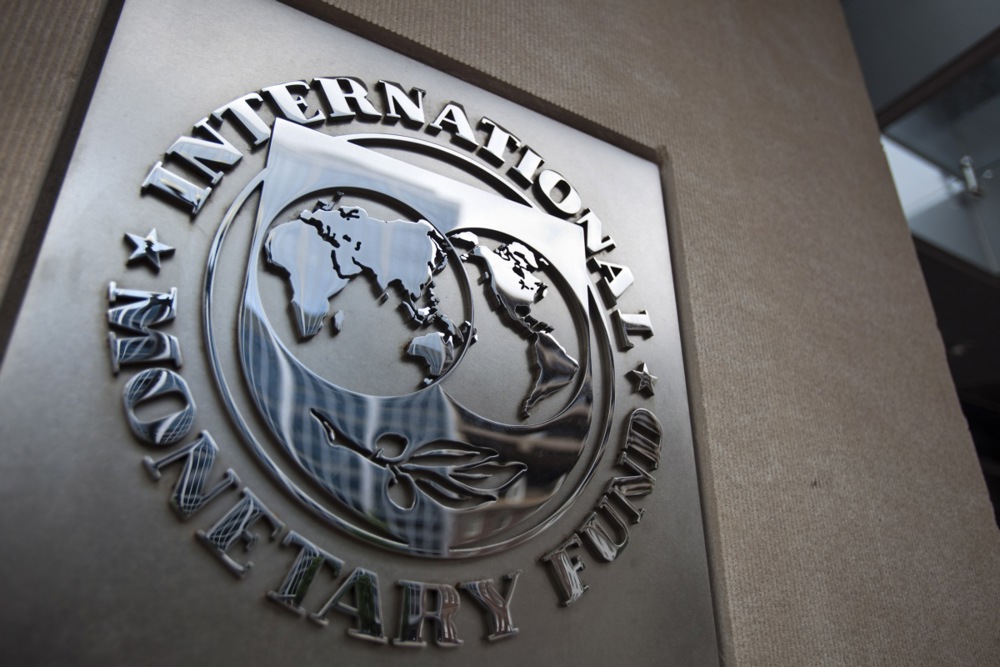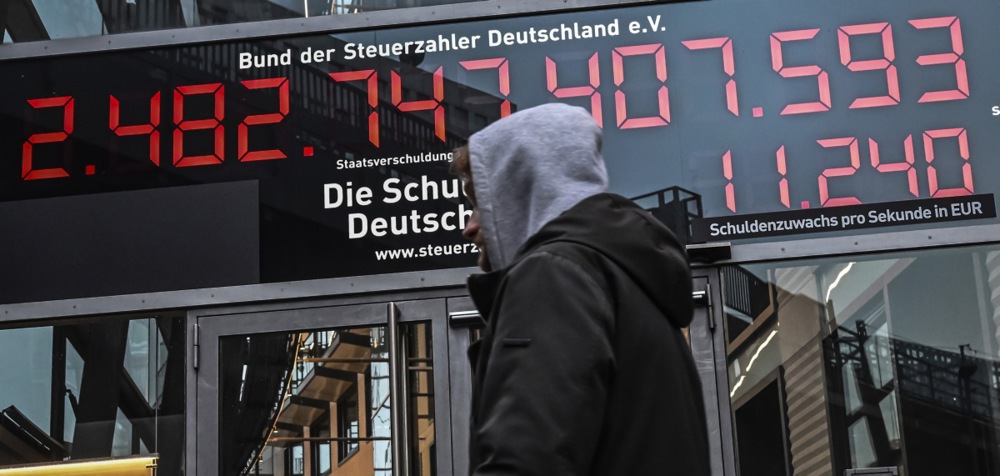The International Monetary Fund has challenged the French Government’s projections on future public debt, estimating that the country will end up running a significantly higher deficit than Paris is predicting.
According to a report by the body, the measures taken by French President Emmanual Macron’s administration are insufficient to curb the phenomenon, and “substantial additional efforts, compared to staff’s current policy baseline, will be needed over the medium term, starting in 2024, to strengthen public finances”.
“Under current policies, which incorporate only legislated and clearly specified measures, [IMF] staff projects the overall deficit to remain elevated at 5.3 per cent of GDP in 2024 and decline modestly to 4.5 per cent in 2027,” the IMF said.
“The latter is significantly higher than the 2.9 per cent deficit level targeted by the authorities in their Stability Program… as key spending reforms and review measures underpinning the planned adjustment remain to be identified. ”
The IMF added that the macroeconomic assumptions underlying the government’s plans “might prove somewhat optimistic” over the adjustment period, which was already referred to by France’s High Council of Public Finances (HCFP).
Ahead of the publication of the IMF report, the HCFP warned that government forecasts for deficit reduction by 2027 lacked “credibility” and “coherence”.
It was estimated in the IMF report that, without additional measures, France’s debt will rise to 112 per cent of GDP this year and increase by about 1.5 percentage points a year over the medium term.
“This relatively high level of debt is a source of fiscal risks, as it leaves the future evolution of public finances exposed to an unexpected increase in funding costs or a reduction in growth, which would compound already existing long-term fiscal pressures from the ‘green’ and demographic transition,” the finance body said.
Mitigating factors for this include, according to the IMF, “France’s commitment to undertake further fiscal consolidation, as per EU rules, and its liquid debt market.”
Rising wages may still push prices upwards, meaning Europe faces a “difficult task” in aiming at both price stability and growth, says the IMF. https://t.co/3Q7VxU1cPR
— Brussels Signal (@brusselssignal) November 9, 2023
France suffered fiscal underperformance in 2023, with weaker-than-expected growth and new spending pressures all weighing on public finances, prompting a need to get the French budget deficit under tighter control.
France ran a budget deficit above 3 per cent of GDP last year, which should place it under a European Commission excessive deficit procedure in June. If the country does not succeed in achieving a healthier financial situation it would, in principle, be subject to sanctions.
Meeting European Union spending goals will require substantial structural primary efforts equating to almost 3 per cent of GDP during 2025-27, on top of the recommended additional measures in 2024, the IMF claimed.
It further noted that, given the already high levels of taxation in France, spending cuts were preferable. It suggested “specific measures such as better targeting unemployment benefits and support schemes for workers and enterprises”.
Other savings, the IMF said, could be made by “reducing the overlaps between different levels of government and through a greater reliance on automation and digitalisation”.
Despite the high debt level and relative lack of measures to address the issue, the IMF also noted that Paris had shown a strong and timely response to cushion the impact of the Covid pandemic and the energy crisis.
“Despite a recovery slowdown in 2023, the French economy has remained relatively resilient in the face of financial tightening and weaker euro area external demand,” the IMF report said.
In reaction, French finance minister Bruno Le Maire said the government would do “everything necessary” to get the budget deficit to within the EU-required 3 per cent limit in 2027.
He further noted that France had already followed the IMF’s recommendations for reducing public spending and made an additional €10 billion in budget cuts in February.
“The whole economic and financial strategy of the French Government is validated by the IMF,” Le Maire told reporters on May 23.
France won a record €15 billion in foreign investment pledges on Monday, allowing President Emmanuel Macron to bask in the limelight with global CEOs and forget about strained public finances and weak polls. https://t.co/Tbwr9obZ11
— Brussels Signal (@brusselssignal) May 13, 2024





